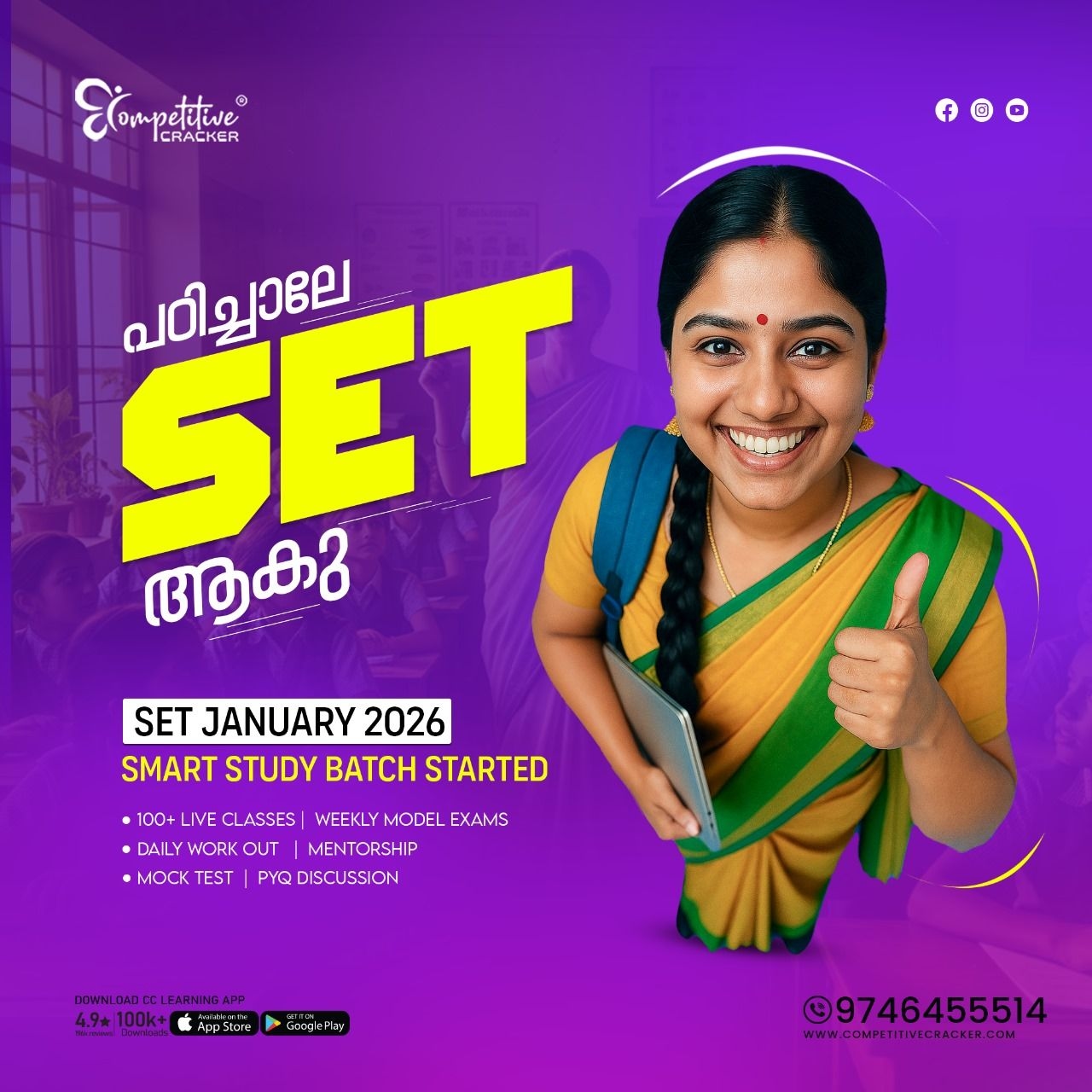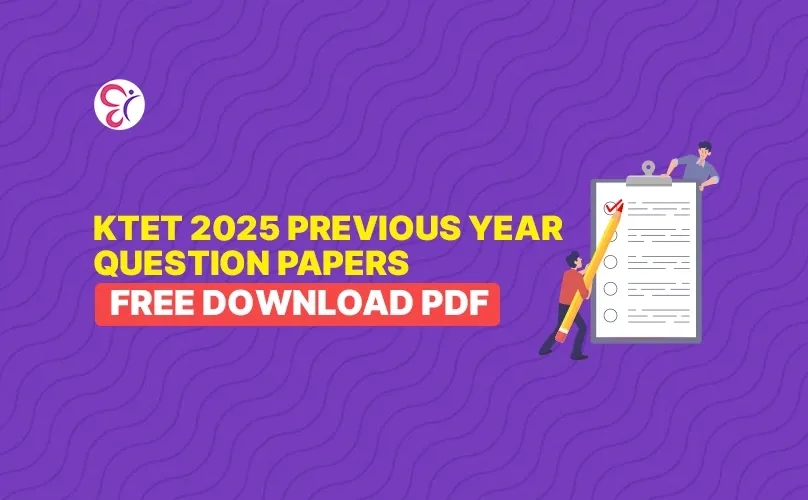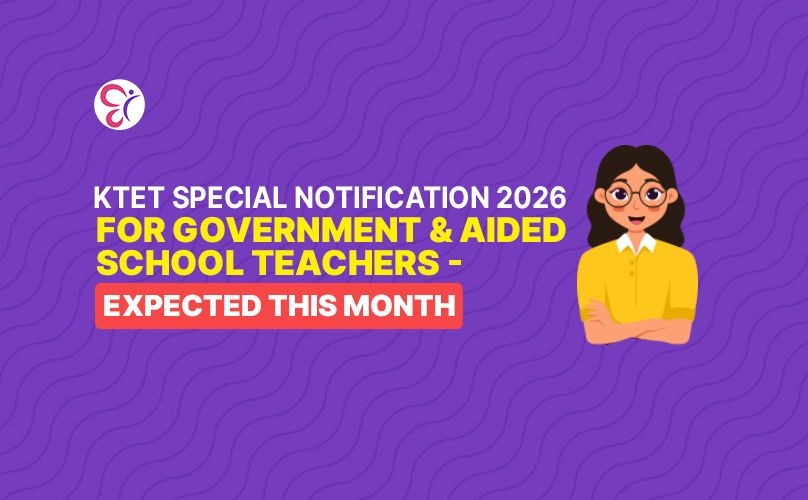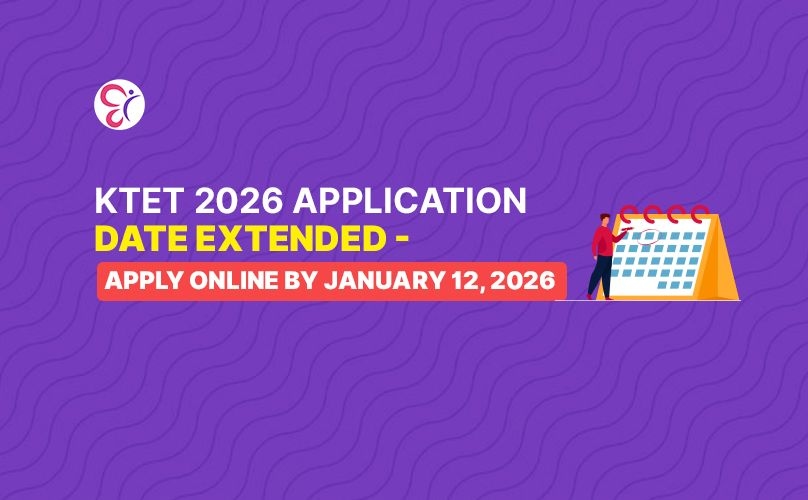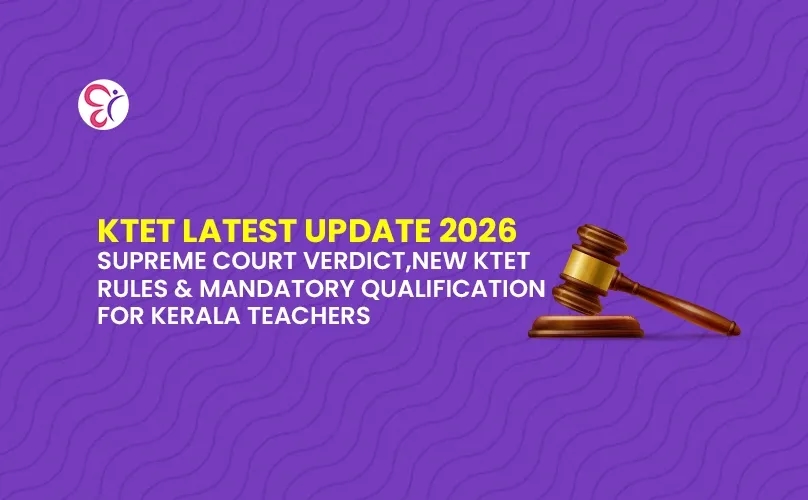KTET Category 4 Syllabus 2023: A Complete Analysis
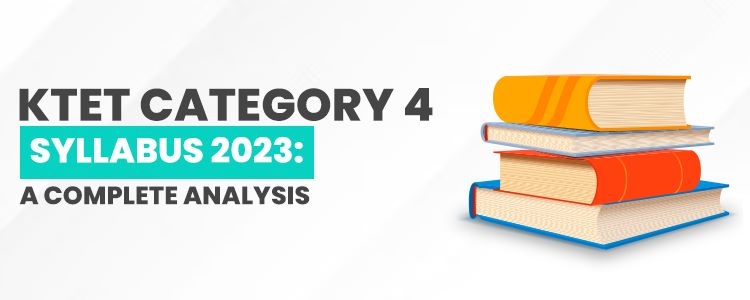
The Kerala Teachers Eligibility Test or KTET Exam 2023 is a qualification exam constituted by the Kerala Pareeksha Bhavan to set aside a bench mark criterion to gauge the quality of teaching in lower primary, upper primary, high school and specialist teachers in all levels. The KTET Category 4 syllabus pertains to the specialist subjects and we will be looking more into it. And the Kerala TET notification was released in March 2023.
Kerala TET exam came into existence with the implementation of Right to Education Act, 2009 in order to modulate the teaching standards in Kerala. And the teachers who are recruited should be capable of combating all challenges involved in schooling to create a conscientious educational space. Here we will be analysing all aspects of the exam as well as the KTET category 4 Exam pattern and syllabus.
If you are planning on taking the KTET 2023 exam, we are here to help you with any questions or concerns you may have. Simply fill out the form below and we will get back to you as soon as possible
Form Link: Click Here
Phone Number: 91+ 8589083568
KTET Category 4 Exam Date 2023
Kerala TET Exam was scheduled to be conducted from 12th May 2023 to 15th May 2023 earlier, however the dates have been re-scheduled to 30th May 2023 and 31st May 2023. This means the aspirants will get an unexpected bunch of weeks to prepare and strategize their studies. And this opportunity should be utilized wisely and should not be missed. The admit cards will be released on 23rd May 2023 via the official website of Kerala Pareeksha Bhavan. And the Kerala TET notification 2023 released on March 2023 is not the revised version, so aspirants should check the homepage scroll content for the latest updates. Find below the details and revised dates of the Kerala TET exam.
KTET Category 4 Exam Date 2023 | |
| KTET Category 4 Exam Date | 31/05/2023 |
| KTET Category 4 Admit Card Date | 23/05/2023 |
| Download KTET Hall Ticket 2023 | Click Here |
Click Here to Download KTET Hall Ticket 2023
KTET Category 4 Exam Pattern 2023
KTET Exam 2023 will be conducting exams for all the four categories in the month of May 2023. And the Kerala TET Category 4 exam pattern comprises of 150 questions in total for all the three sections involved. The Psychology subjects include topics on Child development, Pedagogy and teacher Aptitude. And this paper concisely describes various techniques involved like inclusive education, understanding children with special needs etc to transcend education on a psychological level. And the Kerala TET notification 2023 has all the requisite information regarding the whole process of the exam. Find below the exam pattern for KTET category 4 exam here.
| Part | Subjects | No. of Qs | Marks |
| I | Child development, Pedagogy and Teacher Aptitude
| 30 | 40 |
| II | language (Malayalam, Tamil, Kannada, English) | 40 | 30 |
| III | Subject specific areas (Content and Pedagogy) | 80 | 80 |
| Total | 150 | 150 |
KTET Category 4 Subject-wise Exam Pattern | ||
| Subjects | Number Of Questions | Mark Distribution |
| KTET Category 4 Psychology | 30 | 40 |
| KTET Category 4 Language 1 | 40 | 30 |
| KTET Category 4 English | 40 | 30 |
| KTET Category 4 Tamil | 40 | 30 |
| KTET Category 4 Kannada | 40 | 30 |
| Subject Specific Areas | 80 | 80 |
KTET Category 4 Syllabus 2023
Kerala TET Category 4 syllabus is elucidated below for a detailed analysis of the topics involved in the exam. Knowing the syllabus is very important for a systematic preparation which should also be clubbed with adequate practice of previous year question papers. The syllabus for KTET category 4 has three parts with paper-I psychology, paper-II language and paper-III core subject.
| I. Adolescent Psychology, Theories of Learning & Teaching Aptitude |
|
| III. Language-II-Malayalam/ English/ Tamil/ Kannada | Malayalam
Tamil
Kannada
English
|
| III. Subject specific areas- | Malayalam/ English/ Kannada/ Hindi/ Arabic/ Sanskrit/ Physical Science/ Natural Science/ Mathematics/ Social Science |
| a) Sanskrit |
|
| b) Hindi |
|
| c) Arabic |
|
| d) Urdu |
|
| e) Music |
|
| f) Sewing |
|
| g) Drawing |
|
| h) Physical Education |
|
Download KTET Category 4 Syllabus PDF
Trending Updates
